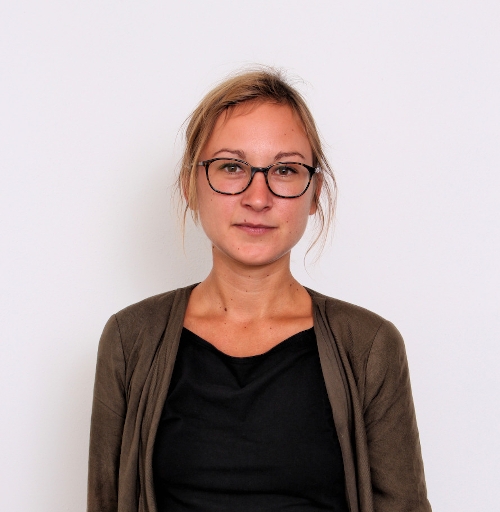We are thrilled to announce that the MELLODDY project has met its year two objective of improving the performance of its federated predictive model to accelerate drug discovery. As part of the collaboration between 10 pharmaceutical companies (including AstraZeneca, Bayer & Merck), 5 technology enterprises (including Kubermatic and Owkin) and 2 academic institutions (The Budapest University of Technology and Economics and KU Leuven), Kubermatic has built the scalable Kubernetes infrastructure for this very important endeavour.
We are very excited and privileged to be a part of this disruptive Coopetition project, which has already achieved more than 100,000 ML tasks, which represents more than 40,000 tests and demonstrated greater predictive performance of the models used to improve the drug discovery process, which will result in better patient outcomes all over the world.
Project MELLODDY – Groundbreaking “Coopetition”
A little over two years ago, Project MELLODDY was launched to harness the potential of artificial intelligence (AI) within the pharmaceutical industry (which already leverages ML internally to mine its data) to expand the deliverables across a larger scale and include competitive sources, while ensuring the privacy of each company’s proprietary information.
As the world’s first federated learning (FL) undertaking in drug discovery at this scale, this project has connected major pharma competitors, who have concurrently deployed predictive models that learn from all of the data that has been submitted by each partner, without any exposure to each other’s proprietary information and models.
This collaboration will exponentially improve not only the amount of data available, but the efficiencies of collecting and examining its potential, which will dramatically improve drug efficacy, treatment and new development opportunities.
How It Works
All partners involved register their proprietary datasets securely in their own local instance of the distributed platform. This allows each individual model to learn from the combined, aggregated knowledge of all of the participants without actually sharing any private data.
The secure platform was designed, implemented and is managed by 5 technical and 2 academic partners. BME, Iktos and NVIDIA implemented ML for drug discovery, ensuring privacy and optimizing training speed on NVIDIA GPUs. Kubermatic, Owkin, KU Leuven and Substra Foundation developed and provided the technology for the platform. Owkin provided Owkin Connect, its privacy-preserving framework to enable multitask FL. KU Leuven provided SparseChem, an open-source library for training ML models specific to drug discovery. We deployed Kubermatic KubeOne to build the scalable infrastructure for each pharmaceutical partner. Substra Foundation managed the technical operations, monitored the rollout of the platform, and hosted the Owkin open source code.
Year Two – Mission Accomplished!
After the consortium had successfully trained a unique predictive model in year one, MELLODDY has now achieved significant improvement of the models, based on the successful completion of a second federated run at scale, using an improved and re-audited platform. Promising observations were also made for the domain of applicability. In-depth analyses will follow to gain a better understanding, though single-partner data and associated neural network complexity are believed to be a factor. The platform enabling this scientific leap guaranteed the privacy and security of the highly proprietary drug discovery data of the 10 pharmaceutical partners on AWS cloud infrastructure spanning the three months of activity, transferring 713,796 GB of data and 912,778 EC2 hours.
What’s Next?
Over the next and final year of the MELLODDY project, the consortium will be focussed on achieving a one percent delta improvement for each partner.
Where to Learn More
- Visit the MELLODDY website
- Blog Post: Deploy Your Deep Learning Model on Kubernetes
- Learn more about Kubermatic Kubernetes Platform for Machine Learning
- Speak with us if you want to learn more about our cloud native projects






